Blog
November 24, 2021 | Progress on the Road to Ropeless Fishing GearLearn how transitioning to ropeless fishing gear offers an alternative that could recover right whales and preserve the livelihood of New England’s iconic lobstermen and women. | 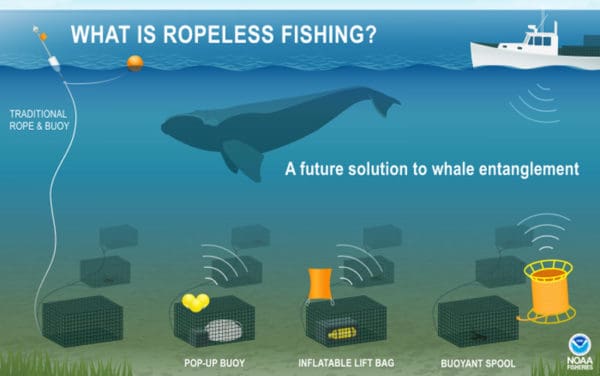 |
November 18, 2021 | What’s the Big Deal About This Global Climate Conference?An international climate conference in Glasgow just ended. It’s left me feeling frustrated and angry, but I know I can still find hope in local action. | 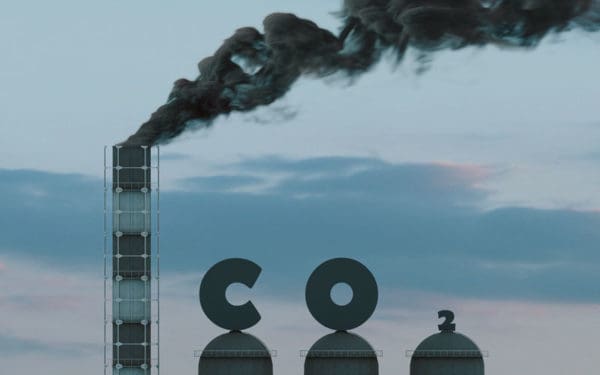 |
November 12, 2021 | Did You Know the Landscapes of New England Can Act as Natural Climate Solutions?Our forests, open spaces, farms, and ocean can help us fight the climate crisis if we responsibly manage and conserve them. It’s time for Congress to invest in natural climate solutions now. | 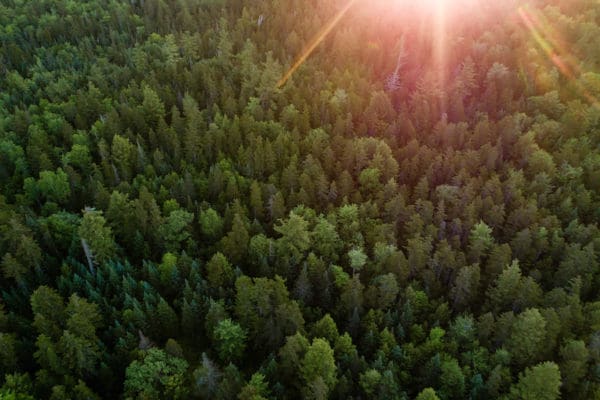 |
November 5, 2021 | Calling Out Big Oil’s Climate DisinformationThe House Oversight Committee recently held a hearing to interrogate Big Oil executives about their companies’ decades of deliberate climate disinformation. A disappointing yet unsurprising outcome tells us it’s time for more climate mandates for real accountability. | 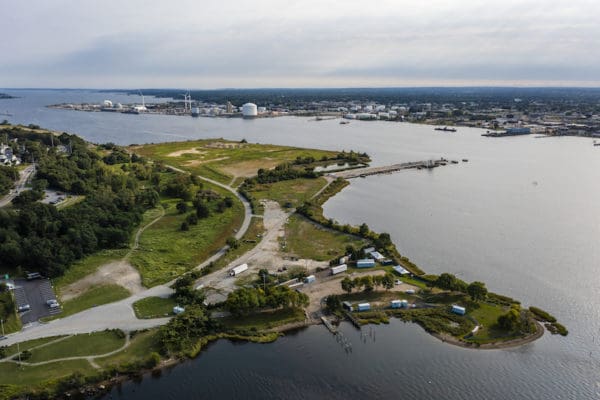 |
November 5, 2021 | Video: Why We’re Holding Shell Oil Accountable for Its Climate Change ImpactsPerched on the edge of the Providence River, Shell Oil’s storage facility is a disaster waiting to happen. Built on filled land at sea level, the facility sits directly in harm’s way as climate change impacts worsen. Despite knowing these risks, Shell Oil has failed to prepare its facility for climate change. CLF’s Case against… Continue reading Video: Why We’re Holding Shell Oil Accountable for Its Climate Change Impacts | 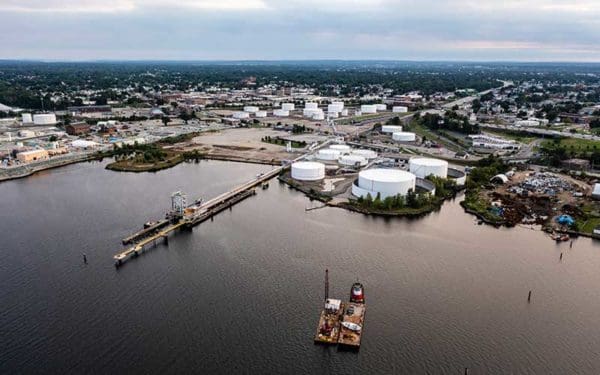 |
November 4, 2021 | Recycling Prices Continue to Rise – But at What Cost?Over the past few years, recycling prices across the U.S. have soared, with some cities and towns now spending millions of dollars on their programs. To understand the financial burden our communities are facing, I spent the better part of last year collecting recycling data from Massachusetts cities and towns. Here’s what I learned. | 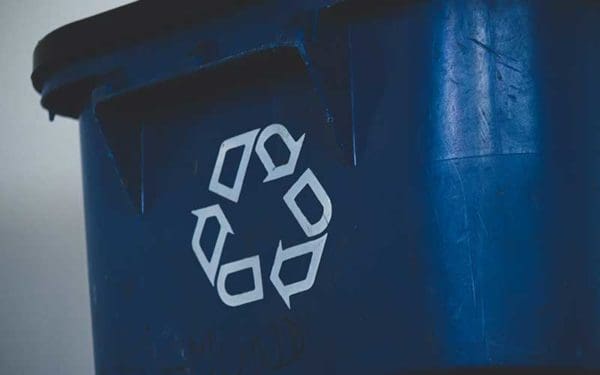 |
October 27, 2021 | Is Climate Change Putting Your County at Risk From Hazardous Waste?Thousands of hazardous waste sites and chemical facilities across New England are unprepared for the impacts of climate change. The failure of regulators to require such preparation leaves the health of our communities and our environment in jeopardy. | 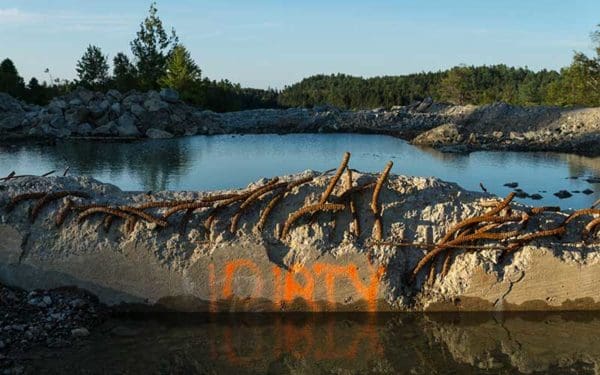 |
October 19, 2021 | Extreme Weather Is Our New Normal – Here’s How We Need to Brace for ItClimate impacts are here now, but are our communities ready for them? Here’s what we must do to get climate ready. | 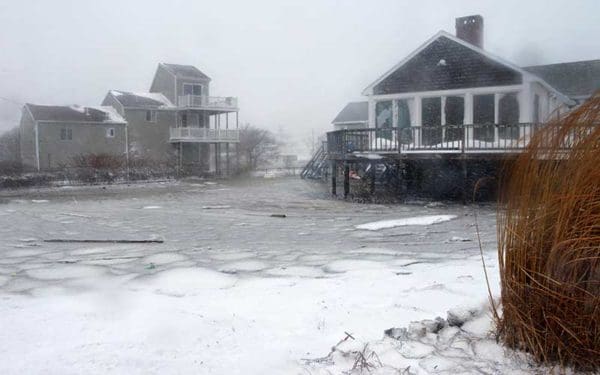 |
October 18, 2021 | It’s Time to Ditch Dirty Bus Fleets – The Future is Clean and ElectricDirty exhaust fumes from buses harm our health and environment. The solution to the problem is clear: Electric bus fleets. | 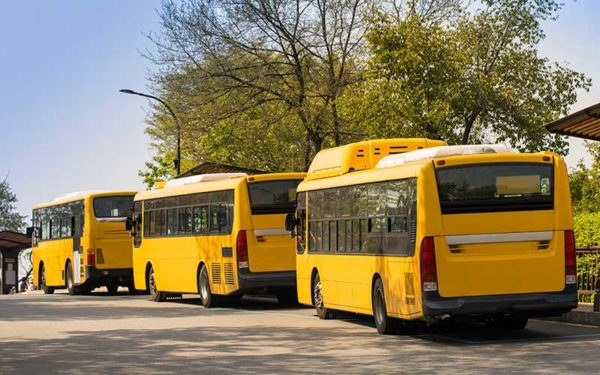 |
October 15, 2021 | Buckle Up, Connecticut – It’s Time To Meet Our Climate TargetsThe state’s latest Greenhouse Gas Emissions Inventory shows that we’re already behind on meeting mandatory climate targets. State officials must take charge and steer us towards urgent climate action. | 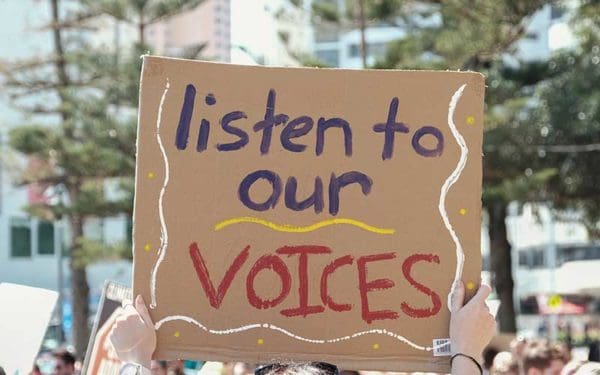 |
